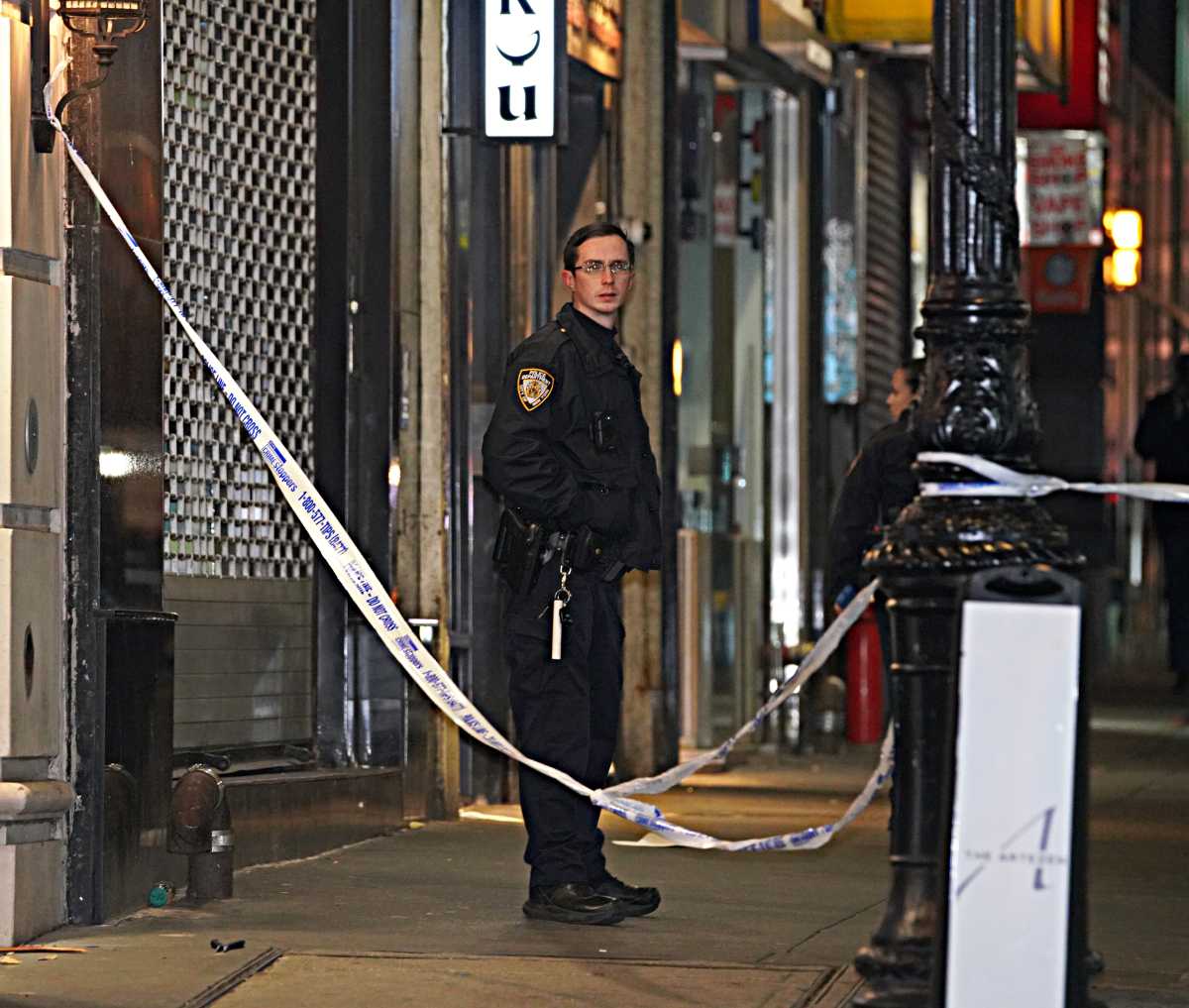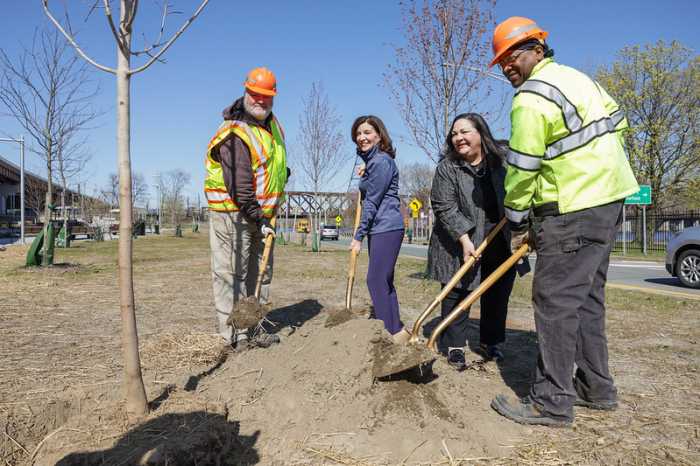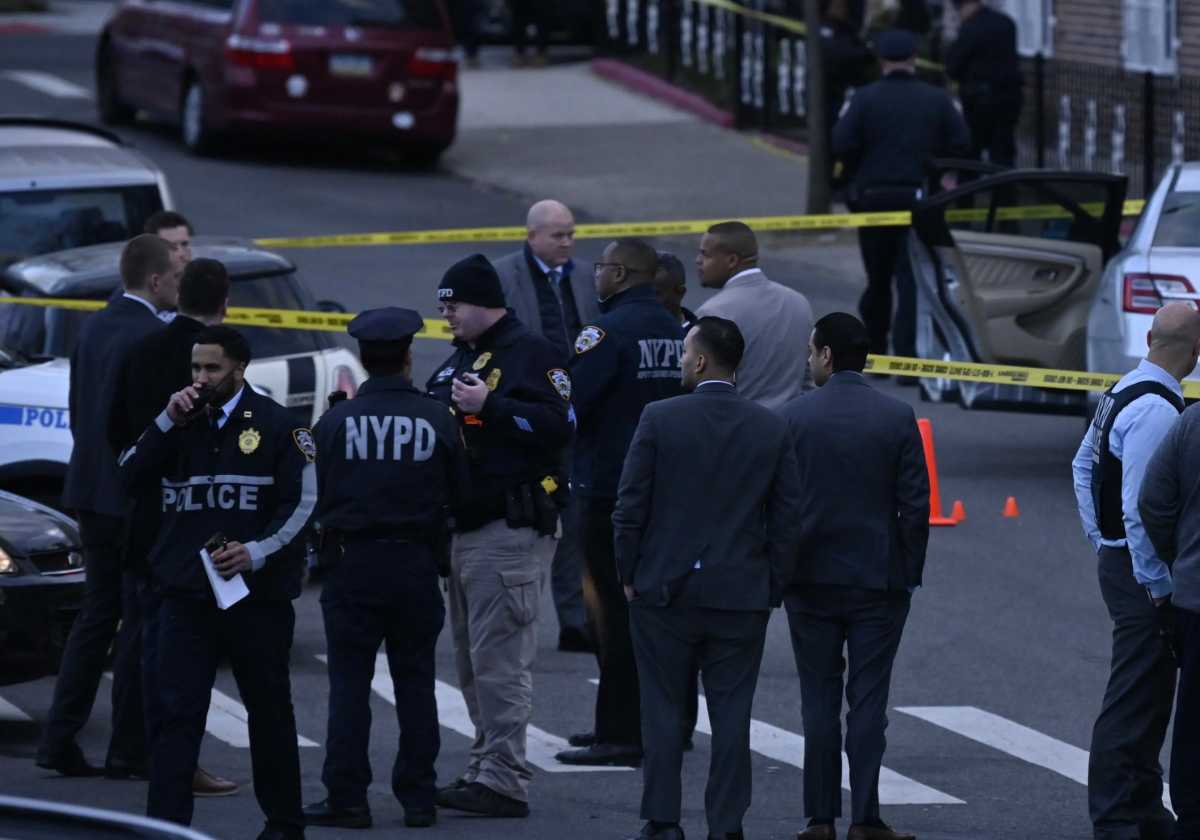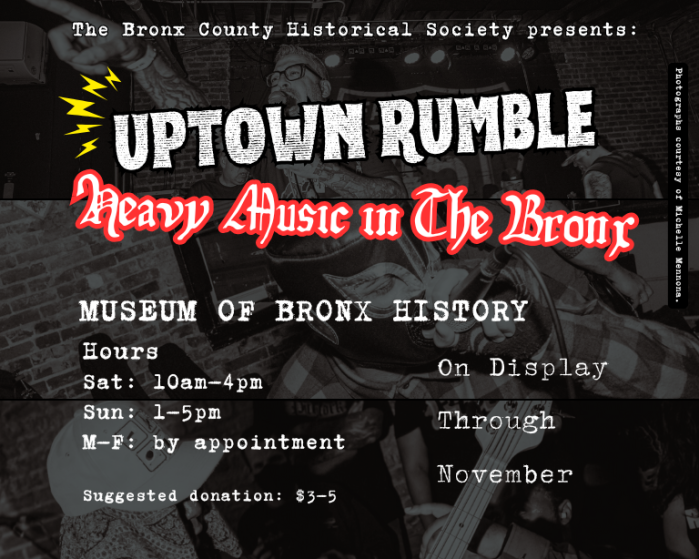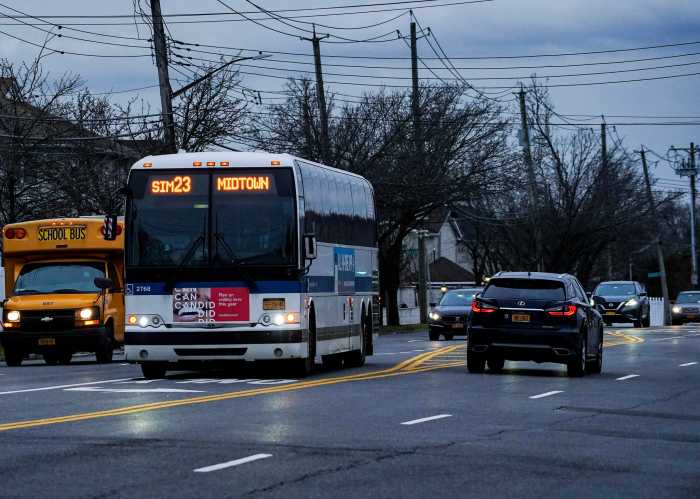A summer program that gives South Bronx teens an opportunity to study environmental justice issues alongside Columbia University researchers is now in jeopardy after the Trump administration abruptly cut its federal grant.
The Department of Health and Human Services pulled the plug on a National Institutes of Health (NIH) grant in mid-March, disrupting the Bronx Environmental Health Summer Training for Justice program. The initiative served students from The Laboratory School of Finance and Technology, empowering them to explore environmental health issues affecting their community in the South Bronx.
The roughly $130,000 five-year grant would have funded an eight-week summer program for 12 students, offering hands-on research experience through Columbia University and local advocacy group South Bronx Unite. Students would learn about Environmental Health Sciences and field research through the university while advocates at South Bronx Unite teach them about organizing community driven solutions to environmental injustice.
Mychal Johnson, co-founder of South Bronx Unite, said the decision felt political.
“[I was] shocked, but also not shocked, right?” Johnson said. “We see what’s happening around the country right now with anything describing this type of work and we feel that it’s not appropriate.”
The cancellation comes as the administration aims to undermine diversity, equity, and inclusion (DEI) efforts. Just this week, the NIH announced it may cut off research funding to universities with DEI programs or ties to Israel boycotts.
Markus Hilpert, associate professor of Environmental Health Sciences at Columbia University and a lead organizer of the program, told the Bronx Times that it is highly unusual for funding to be pulled after a grant has already been awarded.
“ I’ve never had this happen in my life before, you know that a grant was cut,” Hilpert said.
The Columbia University educator and researcher said that the student selection process for this summer had already started.
“ They have been preparing their applications, filling out paperwork, writing an essay and we already admitted some of them” Hilpert said. “Of course the disappointment would be huge for them after having logged all of this time.”
The grant-funded program grew out of an existing partnership between the high school, Columbia University, and South Bronx Unite, which taught students how to build and deploy their own air quality and noise pollution monitors throughout the South Bronx—an area with some of the highest rates of air pollution and asthma in the nation. In recognition of their efforts, Columbia University accepted a group of participating students into a three-week summer STEM course at no cost.
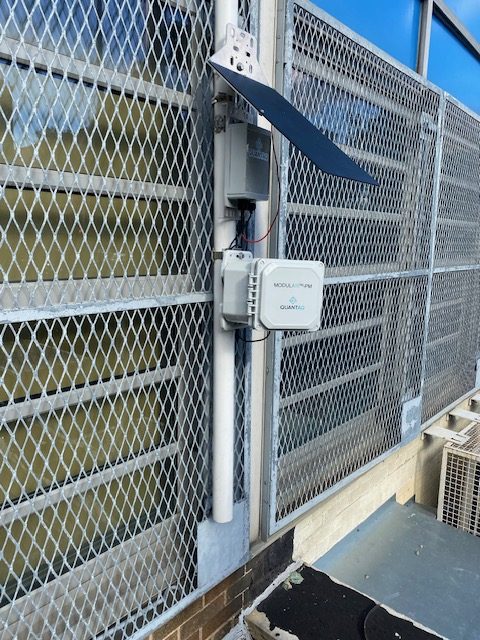
However, the program’s NIH grant application is filled with language such as “marginalized,” “environmental justice,” “disinvestment,” and “accessible”—terms that mirror those used in other diversity, equity, and inclusion (DEI)-focused initiatives that have recently lost funding.
The summer program aimed to prepare and inspire South Bronx students to pursue careers in environmental health sciences and provide them with the experience and skills to create competitive college applications.
But Johnson told the Bronx Times that the schools and South Bronx Unite are committed to fighting for the program, which he said provides Bronx teens with valuable opportunities and encourages them to think “outside the box as to what they can do without any limitations.”
“ We will definitely not let this stop us because it’s too important to the community and to the students,” Johnson said.
Both Johnson and Hilpert said they still plan on offering some version of the program this summer, although Hilpert noted that he thought it would be scaled down. Meanwhile, Johnson said that even without grant funding, Columbia and South Bronx Unite will search for solutions to support the students and their work in the community.
“We’ll have to raise money, do fundraisers,” Johnson said. “We’ll have to bring some partners to bear that can help to facilitate it.”


